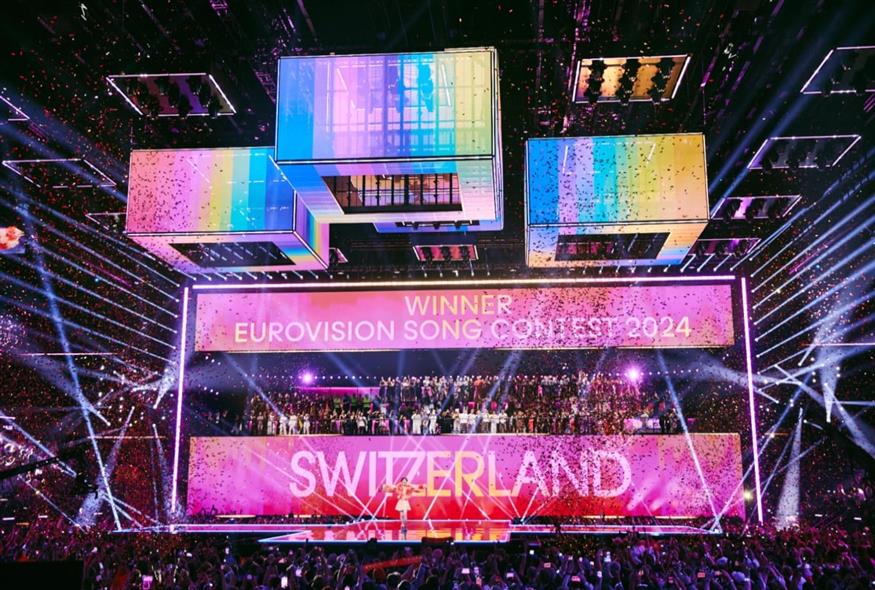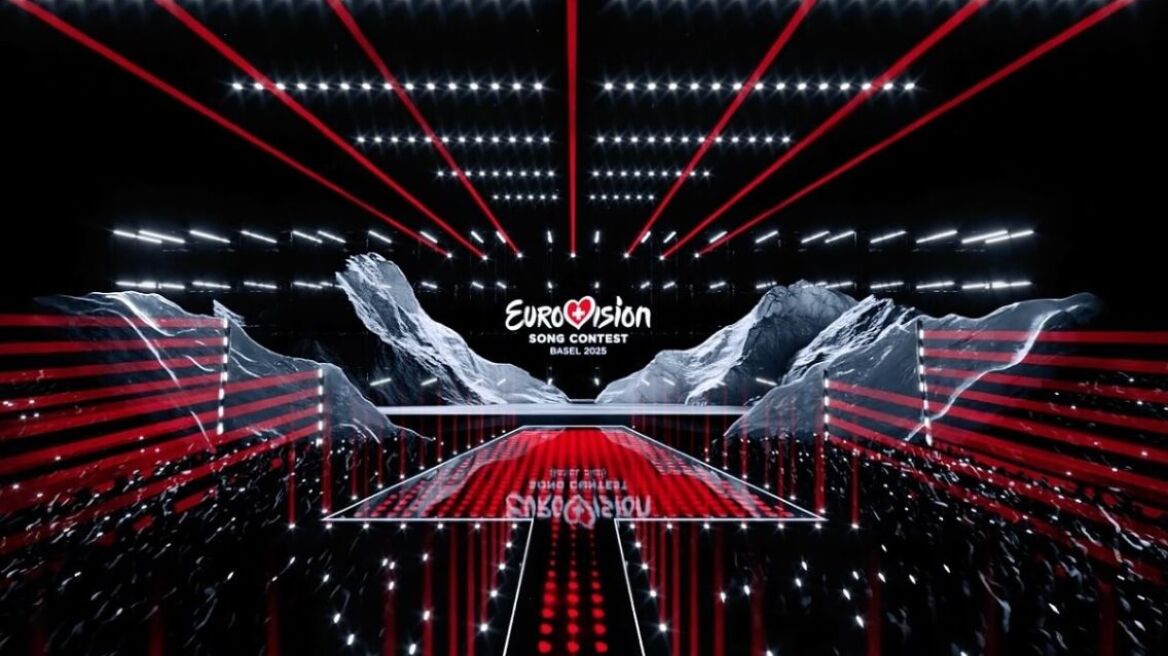By Maria Ravani,
Eurovision week officially begun on Tuesday the 13th and for one more year people have been triggered –even before the beginning of the competition. The public conversation regarding the performances has once again shifted to other topics per usual and instead of music, we are focusing more on what’s been going on in the background. Previous participant that throw shade at other participants, countries trying even with political means to ban the entries of other countries and the big, colorful party –as the organization of Eurovision likes to put it– has turned once again into a political arena.
EBU, the organizer of Eurovision, has recently stated that although as an organization they cannot stay unfazed by the current sociopolitical events, they “aspire to keep the Eurovision song contest positive and inclusive and aspire to show the world as it could be, rather than how it necessarily is.” It is a non-political event, as they keep mentioning, and it is all about people and music. However, last year as well as this year, things seem to be more complicated, especially with the participation of Israel and the ban on flags that was imposed by the organizers.

Viewers cannot help but wonder: How can Eurovision not be political at this point? And more importantly, how can a participation deemed as not political when Yuval Raphael, this year’s representative of Israel, is one of the survivors of the festival Nova attack by Hamas. In many interviews, she has been quite vocal about her experience –as it is her privilege and right to be– however, this can easily lead to the conclusion that it is not about music. Because when the backstory of your performance is this experience that you had –which once again it is your rights to do so– then the conversation is becoming about Hamas, Gaza and the slaughter of more than 52,000 people –until today– over these past two years by Israel.
The somewhat fascinating fact about the non-exclusion of Israel is related surprisingly to the case of Russia, a country which is still not part of the competition since the invasion of Ukraine on 2022. In this case, the competition was quick to not invite Russia to this musical party, while also allowing Ukraine to participate normally and to share their very political struggle with the war on Eurovision’s stage. Once again, the political undertone of all the songs that Ukraine has sent to represent them all these years after the beginning of the invasion, is another example of how such a big organization, like Eurovision, takes sides and gives a platform to certain issues –but not all.

And when you think that maybe the Israel –Palestine conflict is much more complicated than the Russian-Ukraine war, with all its history these past decades and the role that Hamas has played, and this is probably why an international organization like the EBU and Eurovision has chosen to remain “neutral”, the announcement about the ban on LGBTQ+ flags comes as a shock and raises questions about the prioritization of the organizers. With the decision to ban contestants and their delegations from “carrying Pride flags at official Eurovision venues, events or related performances”, EBU shows once again how geopolitical balances can affect the structure of this event. It is almost funny –if it wasn’t infuriating– to think that last year, the contestant that won the competition was a non-binary individual with a song that was talking about their experience with their gender identity. Few year back, another contestant was once again announced the winner of the competition, a drag queen that was also pretty vocal about their sexual orientation and how they experience their identity. The excuse that EBU gave for this decision was that they wish to “strike a balance to ensure that our audiences and artists can express their enthusiasm and identities, whilst at the same time provide more clarity for the delegations when it comes to official spaces.” But what balance will be “disturbed” with these certain flags is not been addressed by the organization.
So once again, the big question about this nevertheless music event still stands: Is Eurovision political or apolitical as EBU and all its representatives like to claim? And can we just enjoy the music when the sounds of bombing and cries of pain in Gaza are so deafening? A genocide is still ongoing in the strip of Gaza and appropriating cultural practices or including in this international cultural discourse the country of Israel, a force that spreads death the last 2 years, is not only immoral but it is inhumane. At least, the organizers will not have to worry that the pride flags will offend anyone this year…
References
- Eurovision: Is the gay world cup giving up on its gays? Dazed. Available here
- Eurovision lifts ban on Palestinian flags in the audience but puts stricter rules on artists. CNN. Available here
- Eurovision Bans LGBT+ and Non-National Flags in Official Venues. Greek City Times. Available here
- Irish broadcaster requests discussion over Israel’s Eurovision participation. The Guardian. Available here
- Former Eurovision contestants call for Israel and broadcaster KAN to be banned from contest. The Independent. Available here
- Ireland asks Eurovision organisers for discussion over Israel. BBC. Available here
- ‘I’ve practised being booed’, Israel’s Eurovision entry who survived Hamas attack tells BBC. BBC. Available here
- Over 70 past Eurovision participants sign open letter demanding Israel’s exclusion — including Salvador Sobral, Hadise and Daði Freyr. Wiwibloggs. Available here
- Eurovision says it’s “apolitical.” History says otherwise. Vox. Available here




